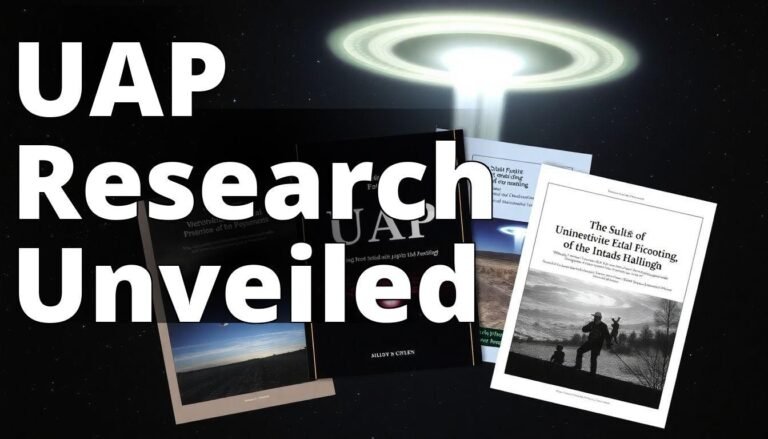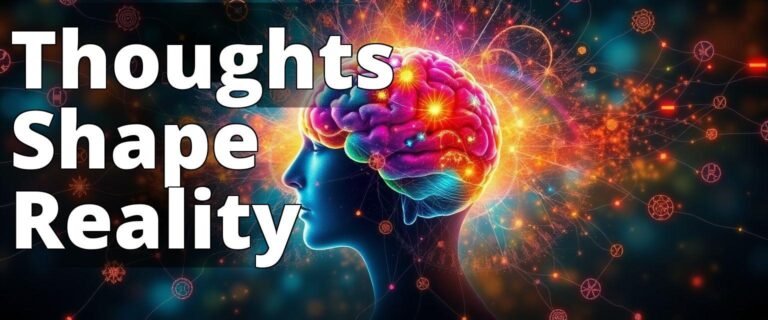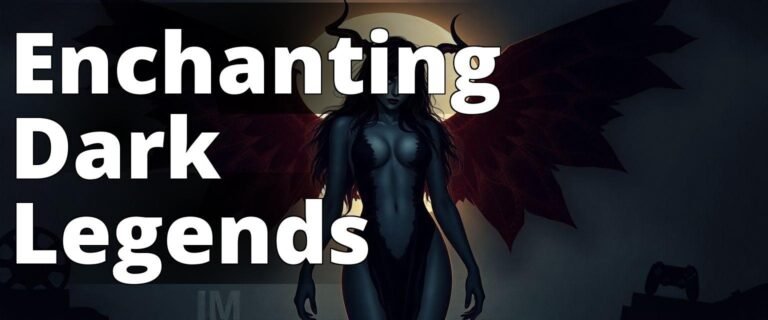Did God Create Man, or Man Create God?
Isn’t it fascinating to ponder whether God created man or if, in fact, man created God? This question has echoed through the corridors of human consciousness for millennia and forms the crux of our exploration into the evolution of religion. It’s a timeless debate that challenges the very roots of our understanding of faith, belief, and the divine. Historically, humans have been in a constant quest for meaning, seeking to comprehend their place in the universe. Religion, in its myriad forms, has been a vessel through which humanity navigated this existential journey. But as we delve deeper, we must ask: is this quest for understanding a reflection of divine creation, or is it a testament to human ingenuity and imagination?

Understanding Early Human Beliefs
Explore the development of early human belief systems and their implications on the notion of divinity.
– Discover how religion evolved from primitive practices to complex belief systems, reflecting humanity’s quest for understanding the divine.
– Learn about the progression of morality and how early humans defined right and wrong, often influenced by their understanding of a higher power.
– Understand how the concept of God has transformed over time, shaped by cultural, social, and psychological factors, ultimately leading to the question of whether God created man or vice versa.
The Evolution of Religion
The evolution of religion is akin to the evolution of language, a complex tapestry woven through centuries of human civilization. From the animistic beliefs of early hunter-gatherer societies to the sophisticated theologies of modern religions, the trajectory of religious thought is a testament to humanity’s unyielding quest for knowledge and understanding.
In the earliest stages of human society, religious beliefs were deeply entwined with nature. Our ancestors worshipped spirits and deities they believed resided in the natural world. This animism provided explanations for phenomena they couldn’t otherwise understand. As societies grew and developed, so too did their religious beliefs. The emergence of agriculture and permanent settlements gave rise to more organized religious systems, with priesthoods and temples becoming central to community life.
The transition from polytheistic to monotheistic religions marked a significant shift in religious evolution. The rise of religions like Judaism, Christianity, and Islam brought a new dimension to the concept of divinity, unifying disparate beliefs under a single, all-powerful deity.
But what drove these changes? Was it divine intervention, or the natural progression of human thought? Some scholars suggest that religion evolved as a social construct, a tool to foster cohesion and cooperation in increasingly complex societies. It provided moral guidance, reinforced social norms, and even justified political structures. In this sense, religion may be seen as a product of human innovation, a testament to our ability to create systems of belief that reflect our needs and aspirations.

Insider Tip: “Understanding the evolution of religion requires a multi-disciplinary approach, incorporating archaeology, anthropology, and theology,” says Dr. Emily Stone, a leading researcher on religious studies.
The Evolution of Morality
The evolution of morality is intricately linked to the evolution of religion. For many, religion is the cornerstone of their moral framework, providing a clear distinction between right and wrong. But is morality inherently tied to religion, or can it exist independently?
Research suggests that moral behavior predates organized religion. Studies of primates and other social animals indicate that concepts of fairness and empathy are not uniquely human traits. These findings suggest that morality is an evolutionary adaptation, essential for social species to thrive.
As religions evolved, they began to formalize moral codes, providing a framework for ethical behavior. The Ten Commandments, the teachings of Buddha, and the Five Pillars of Islam all serve as moral compasses for their followers. However, these religious moral codes often reflect the social and cultural contexts in which they were developed.
Interestingly, secular societies with high levels of education and economic prosperity often exhibit strong moral values without a religious foundation. This raises the question: does religion create morality, or does it simply codify and reinforce pre-existing moral instincts?

Insider Tip: “Morality, like language, is a human universal. It evolves with us, reflecting our social and cultural evolution,” notes Professor Steven Harris, an expert in evolutionary psychology.
The Evolution of Belief
Belief is a powerful force, shaping our perceptions and actions in profound ways. But how did belief systems evolve, and what role do they play in our understanding of the divine?
Belief systems are as diverse as humanity itself, ranging from the deeply spiritual to the strictly secular. They provide frameworks through which individuals interpret their experiences and make sense of the world. In many ways, belief systems are mirrors, reflecting our deepest fears, hopes, and desires.
The evolution of belief is a complex process, influenced by a myriad of factors, including culture, environment, and human psychology. From the earliest forms of animism to modern atheism, belief systems have continually adapted to reflect the changing needs and understandings of human societies.
Scientific advancements have also played a crucial role in shaping belief systems. As our understanding of the universe has grown, so too have our beliefs about the nature of reality and our place within it. This has led to the emergence of new belief systems that reconcile scientific knowledge with spiritual insights.
Insider Tip: “Belief systems are not static; they are living, breathing entities that evolve with us,” explains Dr. Laura Mitchell, a cultural anthropologist specializing in belief systems.
The Evolution of God
The concept of God has evolved alongside human society, reflecting our changing understanding of the divine. From the many gods of ancient pantheons to the singular deity of monotheism, the evolution of God is a fascinating journey through human history and thought.
In early human societies, gods were often seen as powerful forces of nature, embodying the elements and controlling the destinies of humans. As societies became more complex, so too did their gods, taking on human characteristics and becoming more involved in the affairs of mortals.
The transition to monotheism marked a significant shift in the concept of God. This evolution brought with it a new understanding of the divine as an all-powerful, omniscient being, concerned with the moral and ethical behavior of humanity.
In the modern era, the concept of God continues to evolve. For some, God remains a central figure in their belief systems. For others, the concept of God has become more abstract, representing a universal consciousness or the interconnectedness of all life.

Insider Tip: “Our understanding of God is a reflection of our understanding of ourselves and the universe,” suggests Dr. Thomas Lang, a theologian and philosopher.
The Evolution of You
Ultimately, the evolution of religion, morality, belief, and God is deeply intertwined with the evolution of humanity itself. As individuals, we are constantly evolving, shaped by our experiences, beliefs, and the societies in which we live.
This evolution is not a linear process but a complex interplay of influences that shape who we are and how we understand the world. As we continue to evolve, so too will our religious and moral frameworks, reflecting the ever-changing landscape of human thought and understanding.
So, where do you stand in this ongoing evolution? How do your beliefs reflect your understanding of the world, and how might they change in the future? As we navigate this complex journey, it’s essential to remain open to new ideas and perspectives, embracing the evolution of ourselves and the world around us.

Insider Tip: “The evolution of self is a lifelong journey of discovery and growth,” remarks Dr. Sarah Lin, a psychologist specializing in personal development.
Conclusion
In exploring the evolution of religion, morality, belief, and God, we uncover not only the story of human civilization but also the story of ourselves. This evolution is a testament to our innate curiosity, our desire for meaning, and our capacity for growth and change. As we continue to evolve, we are faced with the challenge of reconciling our ancient beliefs with modern realities, forging a path that honors our past while embracing the possibilities of the future. The question remains: Did God create man, or did man create God? Perhaps the answer lies not in choosing one over the other but in understanding the profound interconnectedness of both. As we ponder this age-old question, let us remember that the journey of evolution is not just about the past but about the endless possibilities of what we may become.
Visit our sitemap for more intriguing articles on related topics.
FAQs
What are early human belief systems about creation and existence?
Early human belief systems explore the origins of humanity and the divine.
Who were the key figures in developing early belief systems?
Ancient philosophers and religious leaders shaped early belief systems globally.
How did early humans perceive the relationship between man and God?
They often viewed God as a creator, while some believed man shaped divinity.
What is the significance of the question, “Did God create man?”
This question investigates humanity’s role in shaping religious beliefs and values.
How do early belief systems influence modern religious thoughts?
They provide foundational ideas that inform contemporary views on creation.
Why do some people doubt the existence of a divine creator?
Skeptics often cite lack of empirical evidence as a reason for disbelief.







